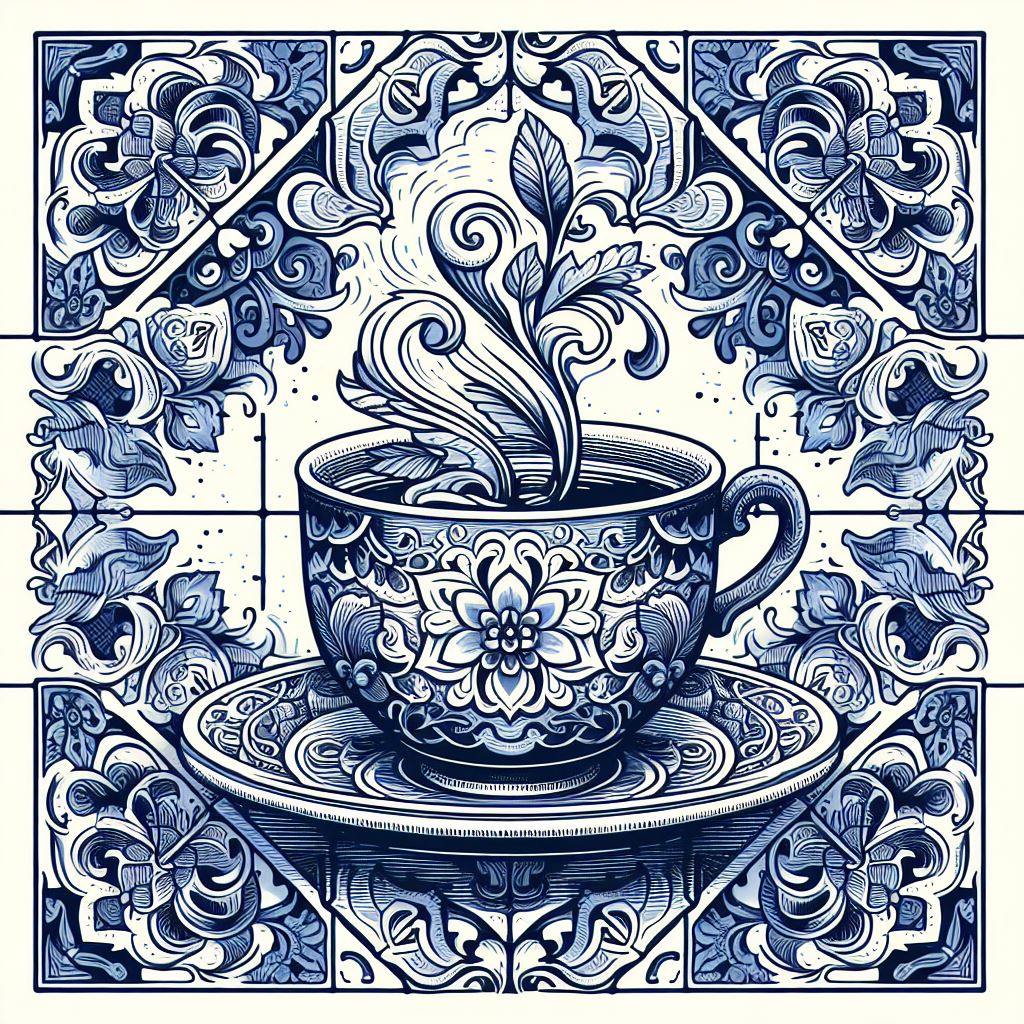Managing caffeine in tea

Tea is one of the most widely consumed beverages in the world, enjoyed for its refreshing taste and health benefits. However, tea also contains caffeine, a naturally-occurring stimulate that can negatively affect some people. Managing caffeine in tea is important if you are sensitive to caffeine or need to avoid it for health reasons.
The amount of caffeine in tea varies depending upon the type of tea, the brewing time and temperature, and the amount of tea used. Generally speaking, black teas tend to have the highest caffeine content with two cups of tea roughly equal to one cup of coffee in their caffeine content. Green and white teas have the least caffeine. Of course, most herbal teas contain no caffeine (although check the label as teas such as Yerba Mate do contain caffeine).
It is also important to be aware of the time of day that you consume your tea. Caffeine stays in your body for a remarkably long time and a caffeinated tea you drank at lunch time could still be affecting you at bedtime! Therefore, it is best to avoid caffeine after lunch if you are having trouble sleeping.
ways to reduce caffeine with regular tea

One way to reduce the caffeine content in your tea is to brew it for a shorter amount of time. The longer the tea leaves are steeped, the more caffeine is released into the water. By brewing your tea for a shorter amount of time, you can reduce the amount of caffeine into your cup. Of course, this will significantly impact the flavour of your tea.
Another way to reduce the caffeine in tea is to use fewer tea leaves. The more tea leaves you use, the more caffeine will be released into the water. By using less, you can reduce the amount of caffeine in your cup.
But this too has an impact on the taste! So what are we to do?
Well, in our humble opinion you can opt for decaffeinated black teas which are specially processed by the CO2 method to remove most of the caffeine. Our decaffeinated teas contain, at most, 0.4% caffeine only yet retain the delicious flavours of a rich and aromatic tea.
The teas in our decaffeinated and caffeine-free range include Ceylon Decaffeinated Black Tea, Decaf Earl Grey (a personal favourite!), Decaf Green Sencha, and all of our rooibos teas. Plus we are always on the lookout for suppliers of quality caffeine free teas to extend our range!
ROOIBOS TEA AND HERBALS for managing caffeine in tea

Rooibos tea is a great, everyday, delicious alternative to black tea. It is made from the leaves of the Red Bush, a South African plant. Rooibos, just like black tea, comes in many blends and flavours. It can take some getting used to because it does not taste anything like black tea however, once you are used to it, it is a really lovely caffeine-alternative.
herbal teas without caffeine
A last alternative is to opt for herbal teas that do not have caffeine. Some classic varieties include chamomile, peppermint, rosehips and lemongrass teas. You could also opt for a herbal blend containing these and several more ingredients known to taste good and help you unwind.
We carry a range of herbal teas and rooibos teas that can help to invigorate you, or help you to unwind you, and even more for the sheer enjoyment of caffeine free herbal teas.
Chamomile tea has a host of benefits and is a lovely herbal alternative to a caffeinated beverage. I've written about the benefits of chamomile tea on this page with recipes and other ideas to boot!
Over to you!
How do you manage caffeine in tea?
join the conversation!
Comments
Like to make a comment? Be my guest!
SHARE THIS PAGE TO YOUR SOCIAL CHANNELS
Available now
REFLECTIONS IN TEA
A MINDFULNESS
JOURNAL

Reflections in Tea A Mindfulness Journal is an un-dated writing journal with over 147 tea-inspired mindfulness prompts to encourage you to take time to reflect, in the present moment.


